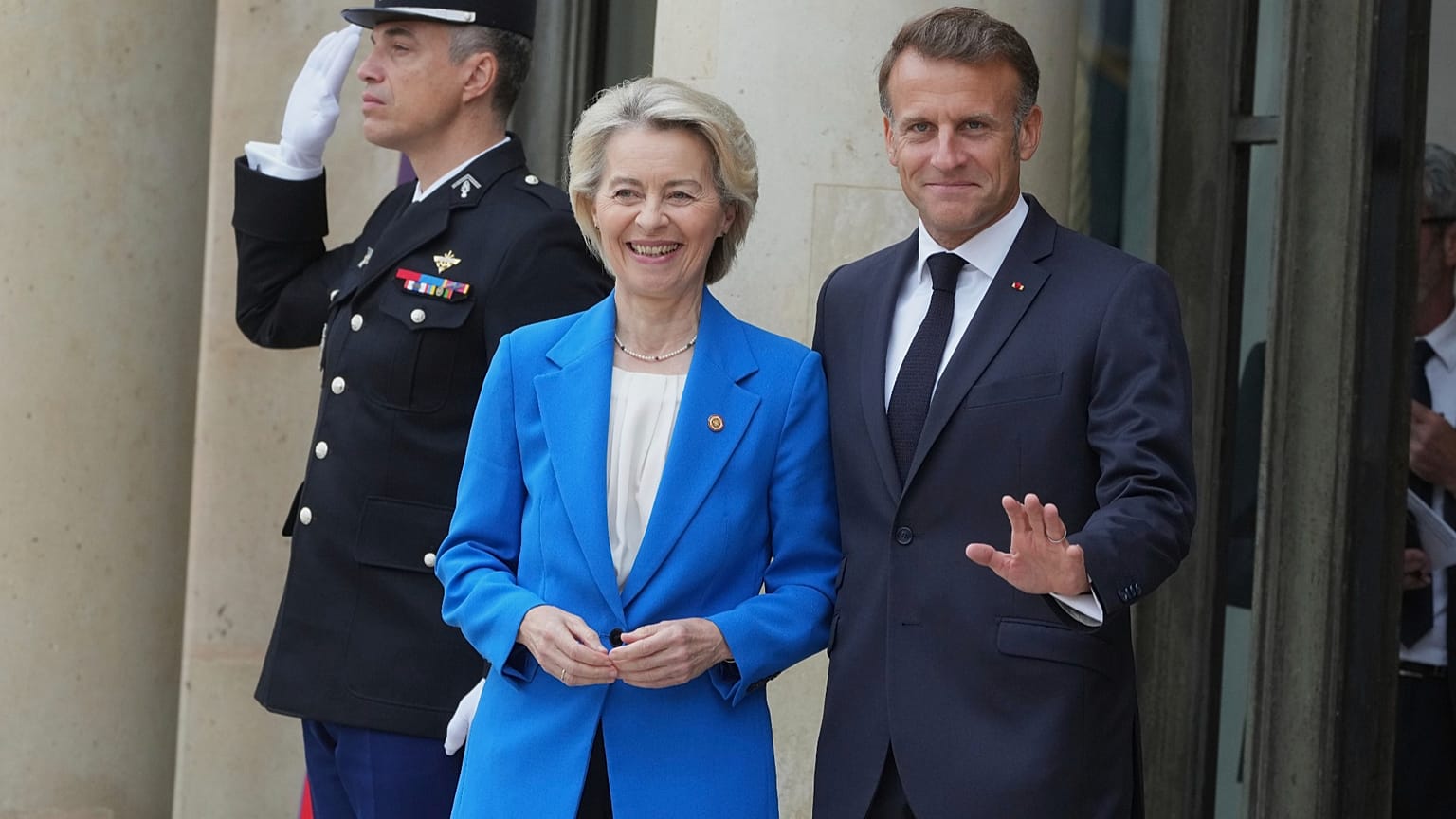Top Stories
France’s Political Crisis Deepens, Threatening Eurozone Stability

UPDATE: France’s political turmoil escalates as the government of Prime Minister Sébastien Lecornu has entered caretaker mode following a shocking collapse on Monday. This crisis, just hours after the new cabinet was unveiled, is raising urgent alarms about the country’s ability to stabilize its economy and its potential impact on the entire eurozone.
Concerns are mounting that this prolonged deadlock could severely hinder France’s role in shaping crucial EU reforms and budget negotiations. The €2 trillion long-term budget proposal is now at risk as the French parliament grapples with internal disagreements over fiscal policies. With the country’s budget deficit hovering around 5.4% of GDP, Fitch Ratings recently downgraded France’s credit rating to A+, signaling fears over its financial management.
The political instability has already begun to ripple through the economy, with stock prices declining and bond yields surging. “Similar downgrades would likely lead to further yield increases,” warned Philipp Lausberg, a senior policy analyst at the European Policy Centre. “This is detrimental not only to France but to the entire EU, given its status as the second-largest economy in the bloc.”
Despite these alarming trends, some officials suggest it’s premature to panic. A senior EU official, speaking anonymously, noted that market reactions have been relatively muted, indicating trust in France’s capacity to restore stability. “Once the political dust settles, we expect a government capable of normal policy-making,” the official stated.
However, with the Eurogroup ministers scheduled to meet on Thursday, the pressure is mounting. The potential inability of France to contribute effectively to upcoming negotiations could hinder the EU’s response to global challenges from competitors like the United States and China.
The stakes are high as the EU prepares for its next seven-year budget starting in 2027, which is crucial for addressing new priorities such as defense and competitiveness. Negotiations will be challenging, especially if France remains embroiled in political uncertainty. “A stable commitment is critical for meaningful discussions,” Lausberg added.
France’s political landscape is further complicated by calls for President Emmanuel Macron to resign, gaining traction even among centrist figures like former Prime Minister Edouard Philippe. As Lecornu scrambles to salvage the situation in talks expected to conclude by Wednesday evening, Macron has hinted he might take responsibility if these discussions fail.
The outcome of this political crisis could have far-reaching implications not just for France but for the entire eurozone’s economic health. As developments unfold, the world watches closely, with many hoping for swift resolution and renewed stability in one of Europe’s key economies.
Stay tuned for further updates as this story develops.
-

 Top Stories2 months ago
Top Stories2 months agoTributes Surge for 9-Year-Old Leon Briody After Cancer Battle
-

 Entertainment3 months ago
Entertainment3 months agoAimee Osbourne Joins Family for Emotional Tribute to Ozzy
-

 Politics3 months ago
Politics3 months agoDanny Healy-Rae Considers Complaint After Altercation with Garda
-

 Top Stories3 months ago
Top Stories3 months agoIreland Enjoys Summer Heat as Hurricane Erin Approaches Atlantic
-

 World4 months ago
World4 months agoHawaii Commemorates 80 Years Since Hiroshima Bombing with Ceremony
-

 Top Stories2 months ago
Top Stories2 months agoNewcastle West Woman Patricia Foley Found Safe After Urgent Search
-

 Top Stories4 months ago
Top Stories4 months agoFianna Fáil TDs Urgently Consider Maire Geoghegan-Quinn for Presidency
-

 World4 months ago
World4 months agoGaza Aid Distribution Tragedy: 20 Killed Amid Ongoing Violence
-

 World4 months ago
World4 months agoCouple Convicted of Murdering Two-Year-Old Grandson in Wales
-

 Top Stories3 months ago
Top Stories3 months agoClimbing Errigal: A Must-Do Summer Adventure in Donegal
-

 World4 months ago
World4 months agoAristocrat Constance Marten and Partner Convicted of Infant Murder
-

 Top Stories3 months ago
Top Stories3 months agoHike Donegal’s Errigal Mountain NOW for Unforgettable Summer Views









